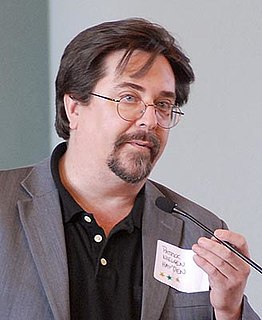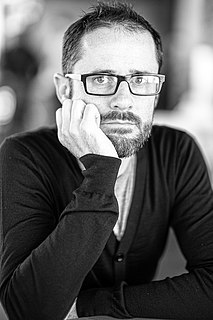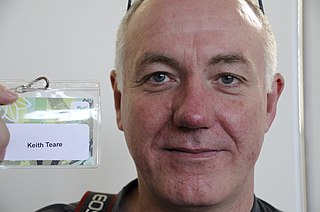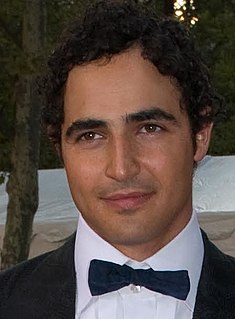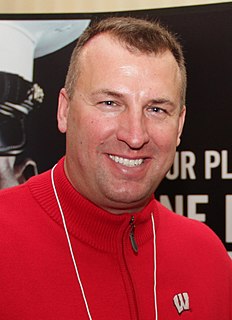A Quote by Caterina Fake
My background isn't in social software; it's in online community, social networks, personal publishing, blogging, self-expression on the Web. I got on the Internet in the 1980s, and the magic moment for me arose from my being a literature geek, especially Dante and Shakespeare.
Related Quotes
Katalyst is a merger of three industries. A piece of us is connected to ad agencies. Because we get the complex overlay of the social Web, we know how to engage an audience and how to make entertainment for the social Web. And we know how to gain and activate and retain an audience. So we create social networks for brands.
Those who applaud social production and networked amateurism, the colorful cacophony that is the Internet, and the creative capacities of everyday people to produce entertaining and enlightening things online, are right to marvel. There is amazing inventiveness, boundless talent and ability, and overwhelming generosity on display. Where they go wrong is thinking that the Internet is an egalitarian, let alone revolutionary, platform for our self-expression and development, that being able to shout into the digital torrent is adequate for democracy.
I really wouldn't call a lot of what's online "literature" since that word, to me, refers to a sub-genre of writing that belongs to the heavy-hitters, the canonical writers, Shakespeare, Dante, Milton, Dostoevsky, Kafka, and even Toni Morrison, George Saunders, Thomas Bernhard, Sebald, Borges, DFW, e.g.
I'm interested in the opportunity that people can self-create using social media and the online dialogue. Before social media, you needed to have a lot of personal funds to break through to hire the right people and build a presence to start a line. It gives the opportunity and platform for people to be discovered.





